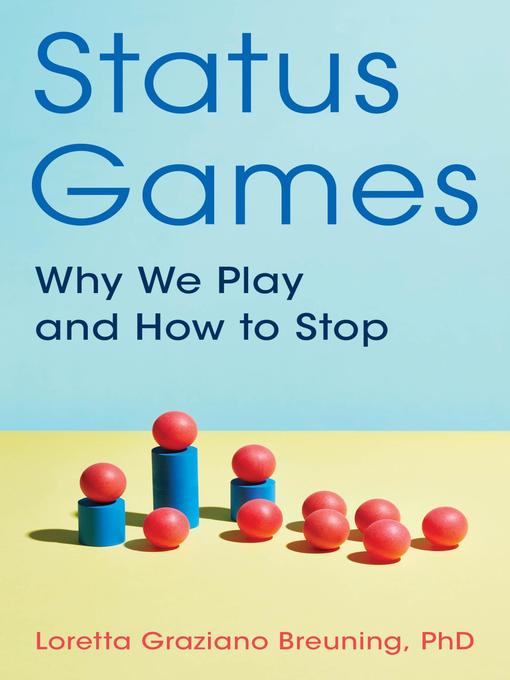Rewire your brain to avoid the trap of comparison and status-seeking to achieve more contentment and satisfaction from life
People care about status despite their best intentions because our brains are inherited from animals who cared about status. The survival value of status in the state of nature helps us understand our intense emotions about status today. Beneath your verbal brain, you have the brain common to all mammals. It rewards you with pleasure hormones when you see yourself in a position of strength, and it alarms you with stress hormones when you see yourself in a position of weakness.
But constant striving for status can be anxiety-provoking and joy-stealing. Nothing feels like enough to our mammal brain. It releases those stress chemicals when you think others are ahead of you.
Here, Loretta Breuning shines a light on the brain processes that encourage us to seek higher status. She teaches us how to rewire those connections for more contentment and less stress. No more worrying about keeping up with the Joneses. Your new way of thinking will blaze new trails to your happy hormones and you will RELAX.


